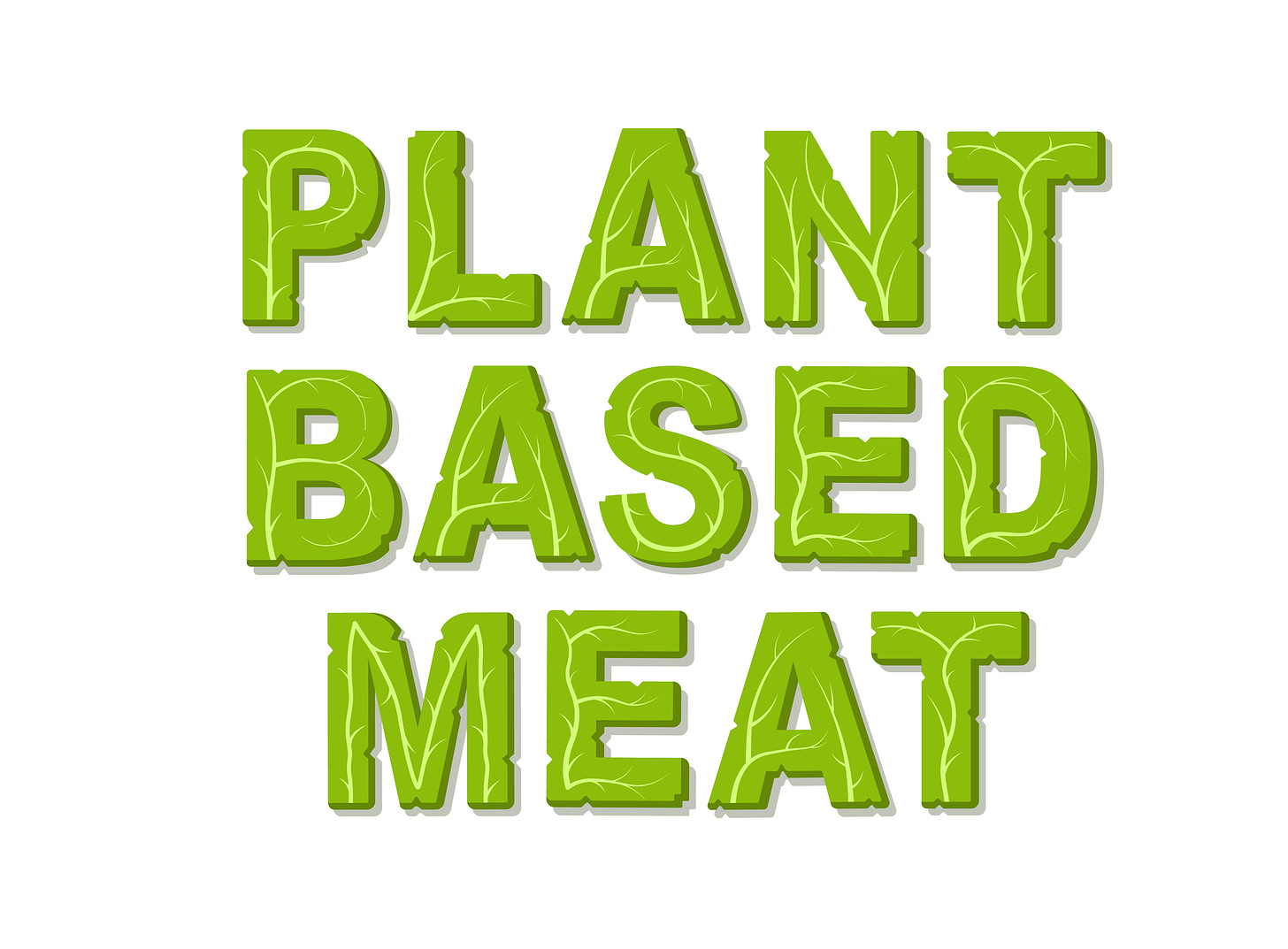Vegan News Flash
June 15, 2024 - Bezos Earth Fund Makes Major Move in the Alternative Meat Revolution: $100 Million for Tastier, Greener Protein
Meat. It's a staple on our dinner tables, a source of protein for athletes, and a sizzling centerpiece of many a backyard barbecue. However, the meat industry also casts a long shadow on the environment, contributing to deforestation, greenhouse gas emissions, and water pollution. This is where the alternative meat revolution steps in, and Jeff Bezos' Earth Fund just made a significant contribution to its future.
‘‘The Bezos Earth Fund pledged $100 million to revolutionize alternative proteins. This aims to make plant-based and cultivated meats tastier, cheaper, and more accessible. By overcoming taste, cost, and variety hurdles, these sustainable options could become mainstream, reducing the environmental impact of traditional meat production.’’
The Earth Fund recently announced a $100 million commitment to research and development in alternative proteins. This isn't your average veggie burger initiative – the fund aims to improve all types of meat alternatives, with a focus on both plant-based and cultivated meat.
Why the Shift Towards Alternative Meat?
Traditional meat production has a considerable environmental footprint. Livestock contributes significantly to greenhouse gas emissions, deforestation to create grazing land, and water pollution from manure runoff. As the global population grows, so does the demand for meat, putting further strain on our resources.
Here's where alternative proteins come in. Plant-based meats, made from ingredients like peas, soy, and lentils, offer a lower environmental impact compared to conventionally raised meat. Cultivated meat, also known as lab-grown meat, takes a different approach. Scientists use animal cells, grown in a controlled environment, to create meat that is virtually indistinguishable from traditionally raised meat, but without the environmental downsides.
The Bezos Earth Fund Investment: A Catalyst for Change
The Earth Fund's $100 million commitment aims to make alternative meat options more appealing and accessible to consumers. This will involve overcoming several key hurdles:
Taste: Plant-based alternatives have come a long way, but some still struggle to replicate the taste and texture of traditional meat. The Earth Fund's investment will help develop new technologies and ingredients to create more realistic and delicious alternatives.
Cost: While prices are coming down, alternative meat options can still be more expensive than conventional meat. The fund will support research that reduces production costs, making these products more affordable for everyday consumers.
Variety: Today, plant-based alternatives often focus on ground meat substitutes like burgers and crumbles. The Earth Fund wants to see a wider variety of alternative meat products readily available, including steaks, sausages, and seafood options.
Bezos Centers for Sustainable Protein: Cultivating Innovation
The Earth Fund's investment goes beyond just throwing money at the problem. They plan to establish a network of "Bezos Centers for Sustainable Protein" at universities around the country. These centers will bring together leading researchers, scientists, and food engineers to tackle the challenges in alternative meat production. The first center will be established at North Carolina State University, with a dedicated $30 million grant over five years.
The creation of these research centers signifies a long-term commitment from the Earth Fund. They understand that developing a truly sustainable and scalable alternative meat industry requires significant research and development.
Plant-Based vs. Cultivated Meat: A Tale of Two Alternatives
While both fall under the umbrella of alternative proteins, plant-based and cultivated meat offer different approaches:
Plant-Based Meat: This category leverages plant protein sources like peas, soy, lentils, and even mycoprotein (fungus-based protein) to create meat alternatives. Plant-based meat is typically lower in saturated fat and cholesterol compared to conventional meat and offers a good source of fiber. However, replicating the complex texture and flavor profile of meat can be challenging.
Cultivated Meat: This method uses animal cells, extracted from a small tissue sample, and grows them in a controlled environment with a nutrient-rich solution. The resulting product is real meat, with the same taste and texture as conventionally raised meat. However, cultivated meat is still in its early stages of development and faces challenges in terms of cost and large-scale production.
The Future of Food: A Greener Plate on the Horizon
The Earth Fund's investment underscores the growing importance of alternative proteins in the future of our food system. With continued research and innovation, both plant-based and cultivated meat options have the potential to become a mainstream choice for consumers, offering delicious and sustainable protein sources. This shift could significantly reduce the environmental impact of meat production and create a more secure and equitable food system for generations to come.
The journey towards a more sustainable future for meat is still ongoing, but with significant investments like the one from the Earth Fund, the future looks much tastier and greener.
Source: Bezos Earth Fund: There’s No Alternative to Alternative Protein




